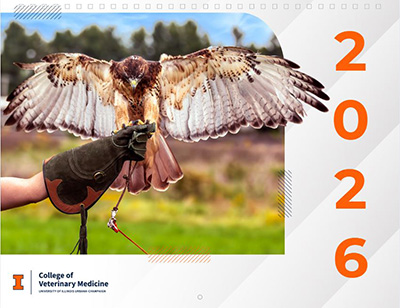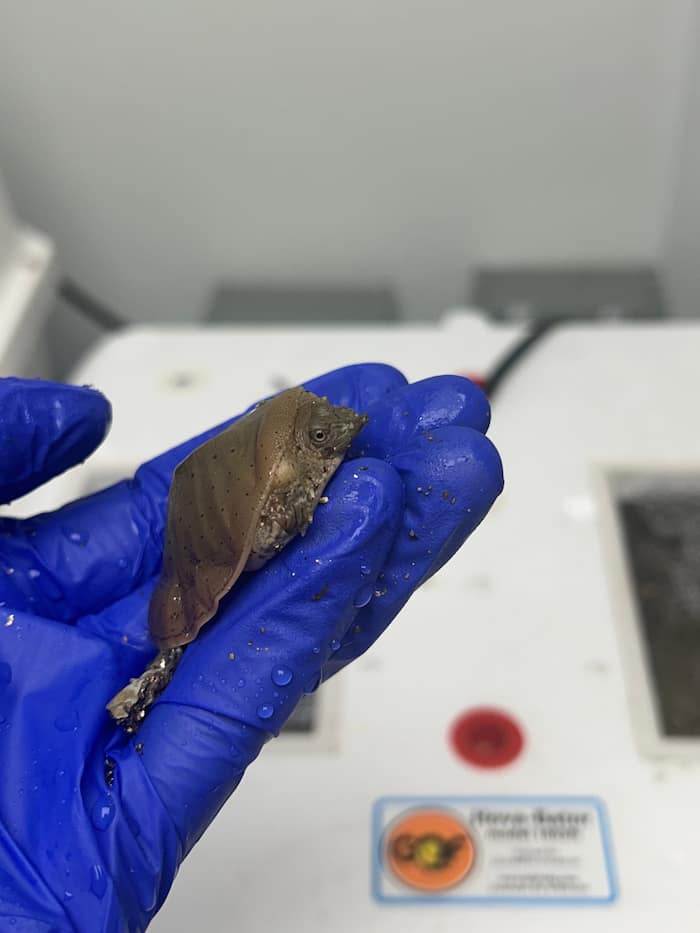
Here at the Wildlife Medical Clinic, we admit a wide variety of species for multiple reasons. Although we see a plethora of orphaned mammals such as squirrels, bunnies and raccoons, we also see a handful of cases in our native reptiles. One taxa of reptile that we always enjoy working with is snakes! But why do we even try to save snakes? What good are snakes anyway!?

It’s certainly no secret that snakes are often times perceived in a negative light. Most commonly they are feared (aka Ophidiophobia) and sometimes they are even resented due to the historic stigma against their misconceived nature. These negative biases towards snake species can lead to various harmful actions and has even resulted in planned persecutions and killings. Such actions and prejudice has unfortunately stemmed from two sources: unawareness and misunderstanding. In the Wildlife Medical Clinic however, we absolutely love snakes. Not only are they truly fascinating creatures but they also serve a critical role within their respective ecosystems. Everyone doesn’t have to necessarily love snakes, but it is important to understand why one should care about snakes.

Reason No. 1: Snakes are critical for controlling pest populations. If tomorrow, you woke up and all snakes ceased to exist, there would be extreme consequences that would rapidly follow. Many animals that people consider ‘pests’ would soon have population booms and those pest populations wouldn’t be able to be kept in check. This would be potentially dangerous and a health risk, as rodents are typically reservoirs for disease (i.e. Lyme disease) that could also potentially affect humans as well. With snakes slithering around in our backyards, they drastically reduce the spread of zoonotic diseases. Sounds like an unsung hero to me!

Reason No. 2: The Food Web relies on the presence of snakes. Snakes take on a very unique role within the food web. Although snakes are predators, they are also prey for some species. This kind of role within an ecosystem is called a ‘mesopredator.’ Snakes will typically hunt smaller animals such as rodents, insects, amphibians, eggs, birds, and the larval stages of various invertebrates. That’s quite the menu! Not only do they hunt but they also become the hunted. Many other larger predators such as birds of prey and foxes will not be shy to eat a snake. Interestingly enough, even other species of snake will also eat snakes, sometimes exclusively. Since snakes have such an integrative role within the food web, their presence is an absolute necessity in order to maintain their respective ecosystems.
 Reason No. 3: Snakes help maintain the biodiversity of Earth. With their ecological services and their dynamic integration with other species, snakes promote the maintenance of biodiversity in every single ecosystem that they’re naturally apart of. Unfortunately, many snake species have become endangered and some are even on the brink of extinction. Snakes face various detrimental factors that contribute to the decline of their populations, such as habitat destruction, wildlife diseases (i.e. snake fungal disease), predation by outdoor cats, and the introduction of invasive species. Due to the stigma of snakes, they are also challenged with the direct persecution of their species. With all the benefits that snakes offer to our ecosystems and everyday life, it is more important than ever that we do our best to keep them around in order to maintain the biodiversity of the planet!
Reason No. 3: Snakes help maintain the biodiversity of Earth. With their ecological services and their dynamic integration with other species, snakes promote the maintenance of biodiversity in every single ecosystem that they’re naturally apart of. Unfortunately, many snake species have become endangered and some are even on the brink of extinction. Snakes face various detrimental factors that contribute to the decline of their populations, such as habitat destruction, wildlife diseases (i.e. snake fungal disease), predation by outdoor cats, and the introduction of invasive species. Due to the stigma of snakes, they are also challenged with the direct persecution of their species. With all the benefits that snakes offer to our ecosystems and everyday life, it is more important than ever that we do our best to keep them around in order to maintain the biodiversity of the planet!
By: Kennymac Durante, College of Veterinary Medicine Class of 2022




